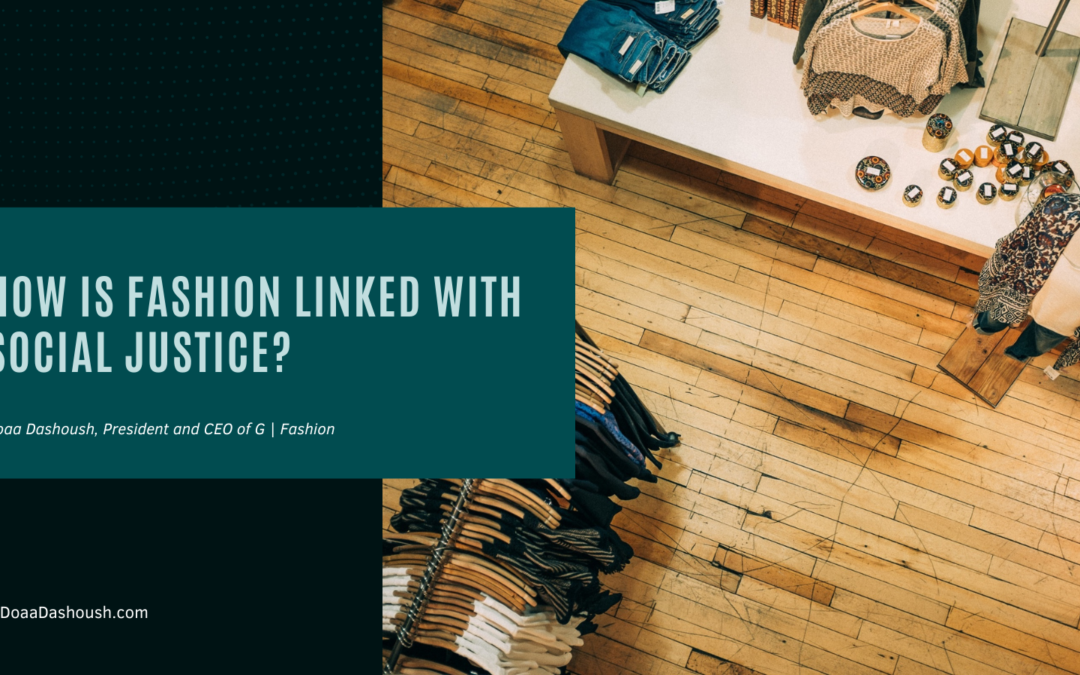At first glance, fashion and social justice seem like two entirely separate concepts. However, the more you look into the fashion industry, the more you find social justice issues buried beneath the surface. From ingrained prejudice to longstanding human rights violations, there is a lot to unpack in the intersection of fashion trends and social justice.
Fashion as Privilege
One of the first things to consider is the inherent privilege ingrained in the fashion industry. While fashion trends are constantly changing, not everyone has the same access to the latest styles. This can be for a variety of reasons–they may not be able to afford to buy new clothes every season as styles change, or they may not feel comfortable in the latest trends. Additionally, some trends just aren’t flattering on all bodies. Many brands are striving to be more inclusive but there is still work to be done. Rather than shaming people for wearing outdated trends, the fashion industry should celebrate individuality offer more options, both in sizing and overall style choices.
Fashion & Pollution
Manufacturing clothing and accessories is a top contributor to pollution. The process of making all of the clothes you walk by in the mall requires toxic dyes, vast amounts of water, and even just producing the materials used for fabrics often requires a lot of pesticides. Additionally, both in factories and from consumers, textile waste is also a contributing factor. Sustainability is also becoming a hot topic in the fashion industry, but you can do your part by shopping from thrift stores and brands committed to minimizing their carbon footprint when possible.
Fashion & Human Rights
Especially in the “fast fashion” industry, social justice issues run rampant. Many clothing factories operate in other countries where labor laws are less stringent, so unfortunately many of these factories have dangerous work conditions and do not offer fair pay to their employees. Many textile workers work long hours, some are underage, and occasionally some may even be victims of human trafficking. As these things continue to be acknowledged more often, many companies are striving to be more transparent about where their products are being manufactured and the conditions in which employees work. While fast fashion may be cheaper than alternatives, it also often supports unethical labor practices, and the clothes they produce tend to have a shorter lifespan.
Fashion Has Influence
Despite all of the faults in fashion when it comes to social justice, the fashion industry also has the power to influence consumers for good. Many fashion brands are empowering their customers by being intentional about representing a wide variety of body types in their marketing and carrying a wider range of sizes in-store. Additionally, fashion can be a powerful tool for self-expression, helping people feel like they are able to present themselves well to the world and feel comfortable in their own skin.
The fashion industry clearly has a long way to go before its inherent social justice issues are resolved, but as more and more brands become more vocal and committed to reducing pollution, sourcing their products ethically, and being inclusive in representation, those changes will hopefully influence more brands to follow suit.
Doaa Dashoush is an experienced businesswoman in the fashion industry. She currently serves as the President and CEO of GFASHION, a global luxury brand currently based in New York City. GFASHION prides themselves on their unique approach to the industry. They don’t follow trends set by others. The Luxury brand focuses on innovative design through their work with the top designers on collections that reflect the company’s craftsmanship.
